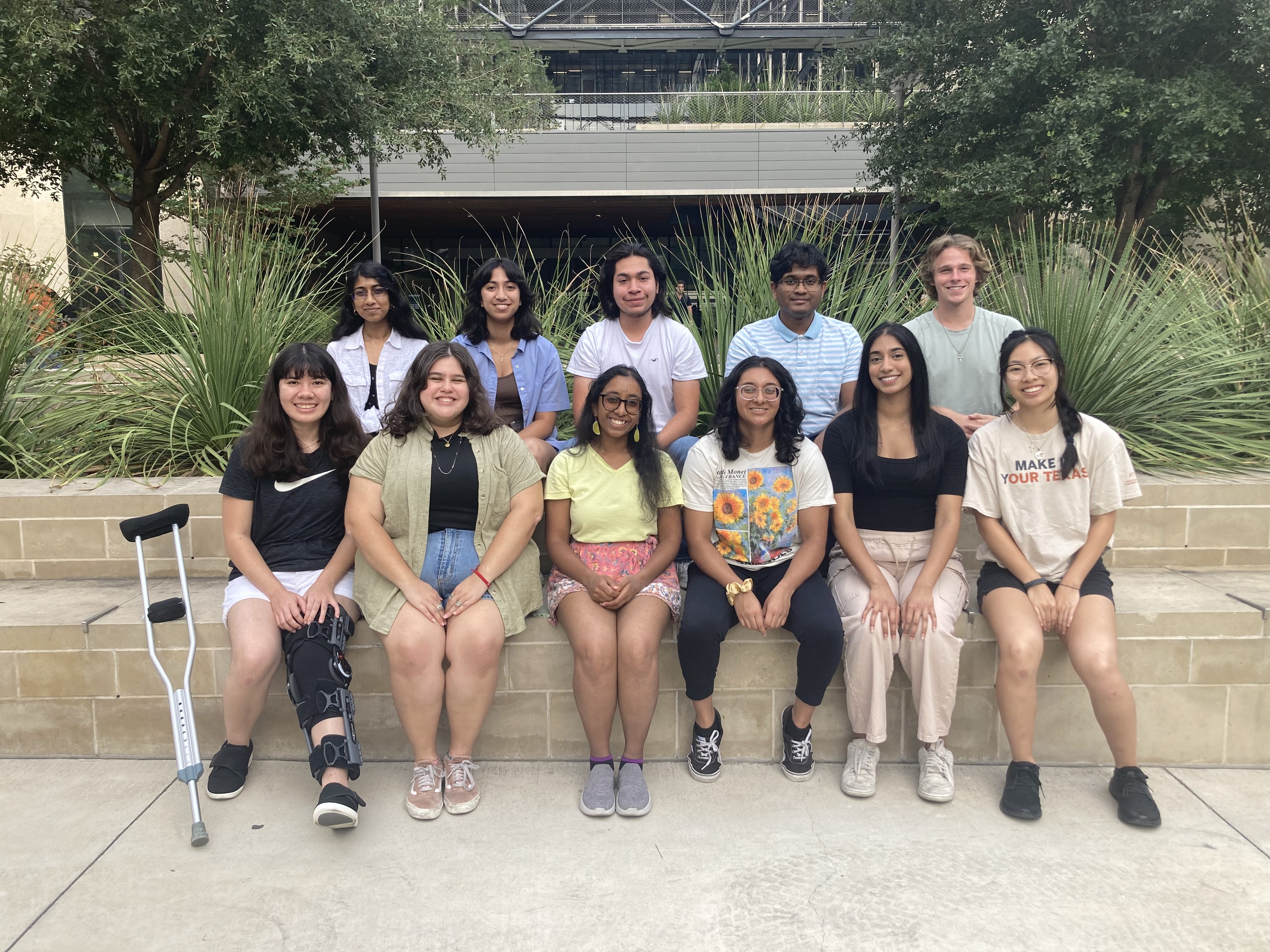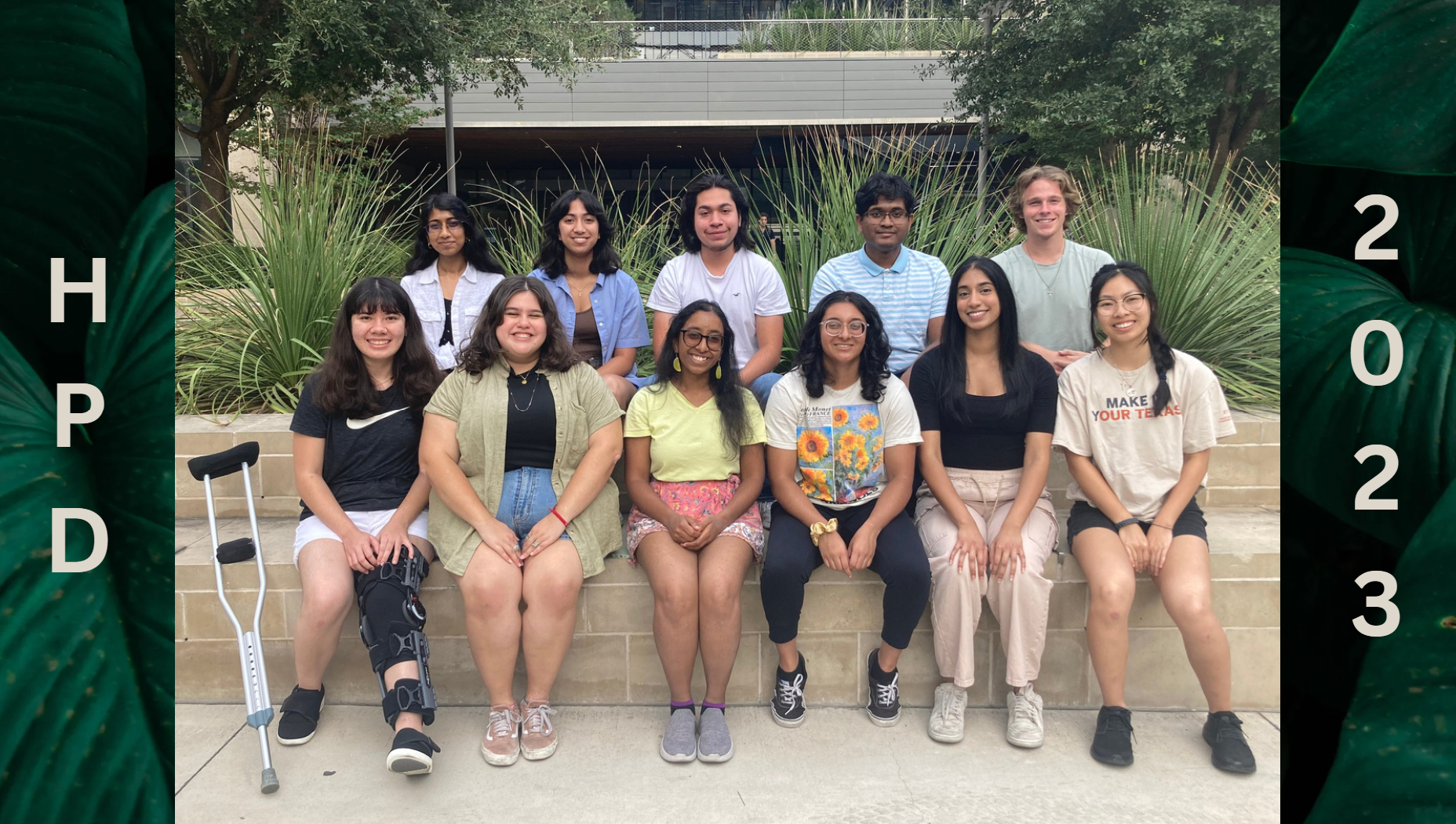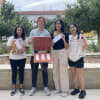This project is now in update mode. Check back regularly to see how things are progressing.
Fundraising for Humanitarian Product Design
What is Humanitarian Product Design (HPD)?
HPD is a two-semester program where students of all engineering majors work in groups to design prototypes for refugee camps, with the end goal of production. These projects are specifically designed and presented by our partners at the International Federation of The Red Cross (IFRC) to improve the health and safety of the community. Over the course of the two semesters, the projects are being constantly improved and modified until they are effective and efficient. Humanitarian Product Design needs funding in order to continue making prototypes that will supply refugee camps with technological advances. These prototypes rely purely on fundraising and out-of-pocket costs, so funds collected from Hornraiser are crucial to the success of our projects. With your help, we can improve the lives of refugees all around the world! Donate to help us today!

Current HPD Group
Team Biodigester:
Team Biodigester aims to improve the design of an anaerobic biodigester to speed up human waste breakdown. Refugee camps often do not have adequate sanitation systems, and as a result, refugees are forced to live in unsanitary and dangerous conditions. Faster waste breakdown will help prevent illness and pathogens from spreading, as well as improve the living conditions in the camp. We are developing a solar collector that uses heat energy to warm wastewater to the optimal conditions for the biodigester. This system will be efficient, cheap, and easy to operate.

Team Lighting:
90% percent of refugee camps across the globe have insufficient lighting, endangering women while walking at night, and complicating basic activities after dark. Team Lighting aims to address this issue by creating small, solar-powered, lights that can be efficiently shipped in bulk to improve conditions in the camp. These devices will be easily installed on latrines and common areas to provide light during the night and will recharge with the daylight sun. These lighting devices will provide a quick temporary solution for under a dollar.

Team Pad:
As of 2019, 45% of women in refugee camps did not have their menstrual needs met regarding period products. This results in an inability to carry out daily tasks and poses potential health risks from using makeshift pads consisting of unhygienic materials. To combat this issue, we’re developing a 3-pad machine that will allow women in refugee camps to manufacture effective and inexpensive menstrual pads on-site. This will increase employment opportunities and accessibility to sanitary products.

$45
We Appreciate You. Period.
As of 2019, 45% of women in refugee camps did not have their menstrual needs met regarding period products.





